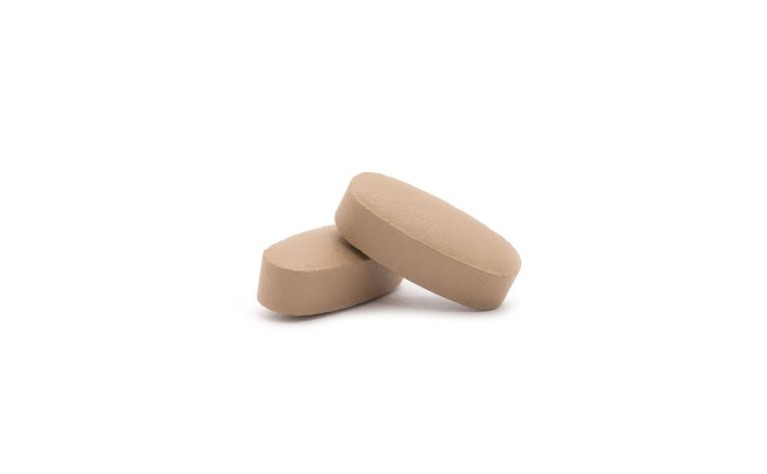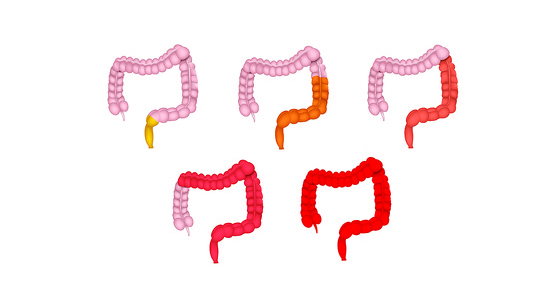Filgotinib (Jyseleca) is a possible treatment option for adults in the UK with moderately or severely active ulcerative colitis when other treatments have not been successful. Find out more about it...
Jyseleca is the brand name for filgotinib. It’s a type of drug called a JAK (Janus-associated tyrosine kinase) inhibitor used in the treatment of adults with moderately or severely active ulcerative colitis when other treatments have not been successful.
JAKs are proteins that are involved in activating your immune response, which can cause inflammation in the gut in ulcerative colitis patients. Filgotinib works to block the effects of JAKs and reduce inflammation. It can help to reduce the symptoms of ulcerative colitis and reduce your need for steroids.
This means in general if your ulcerative colitis did not respond adequately to standard* treatments or biologic treatments, you have not got better or have stopped getting better while on them, or you can’t have standard treatments or biologic treatments.
*Standard treatments include aminosalicylates, immunomodulators or oral steroids (for example, methotrexate, azathioprine, mercaptopurine).
Before taking filgotinib you should tell your doctor all of your symptoms and if you believe you may currently have any infections. Filgotinib can reduce your body’s ability to fight infections. It may make an existing infection worse or increase the chance of you getting a new infection. If you are aged 75 years or older, there is a higher risk of you getting a serious infection.
Other considerations are;
If you have ever had tuberculosis (TB), or have come into contact with somebody with TB. You may need tests to check for tuberculosis before and during treatment with filgotinib
If you have had shingles (herpes zoster) in the past. Filgotinib can allow this type of infection to return
If you have ever had hepatitis B or C
If you have cancer. Your doctor will have to make a decision to prescribe filgotinib or not
If you are at high risk of developing skin cancer. Your doctor may make recommendations for regular skin examinations while taking filgotinib
If you are male, filgotinib may decrease your fertility or cause infertility
If you recently had a vaccine, or are due to have one. Certain types of live vaccines are not recommended while using filgotinib
If you have high blood pressure, heart problems or high cholesterol
If you have had blood clots in the veins of your legs (deep vein thrombosis) or lungs (pulmonary embolism) in the past
You should also tell your doctor if you take any other medications, over-the-counter medicines or vitamins or supplements.

The emc (electronic medicines compendium) states; ‘For patients with ulcerative colitis who do not show an adequate therapeutic benefit during the initial 10 weeks of treatment, 12 additional weeks of induction treatment with filgotinib 200mg once daily may provide additional relief of symptoms. Patients who have not shown any therapeutic benefit after 22 weeks of treatment should discontinue filgotinib.’1
The most common reported side effects of filgotinib are:
Throat and nose infections
Dizziness
Nausea (feeling sick)
Less common side effects are (identified via blood tests):
Neutrophils (a low number of white blood cells)
An increase in a muscle enzyme called creatine phosphokinase
An increased level of cholesterol (blood fat)
More serious side effects can include:
Urinary tract infections
Lung infections (pneumonia)
Shingles (herpes zoster)
Jyseleca is currently developed by Galapagos and licensed in Great Britain and the European Union for the treatment of adult patients with moderately to severely active ulcerative colitis.
Global clinical trials with filgotinib to treat Crohn's disease are ongoing.4

